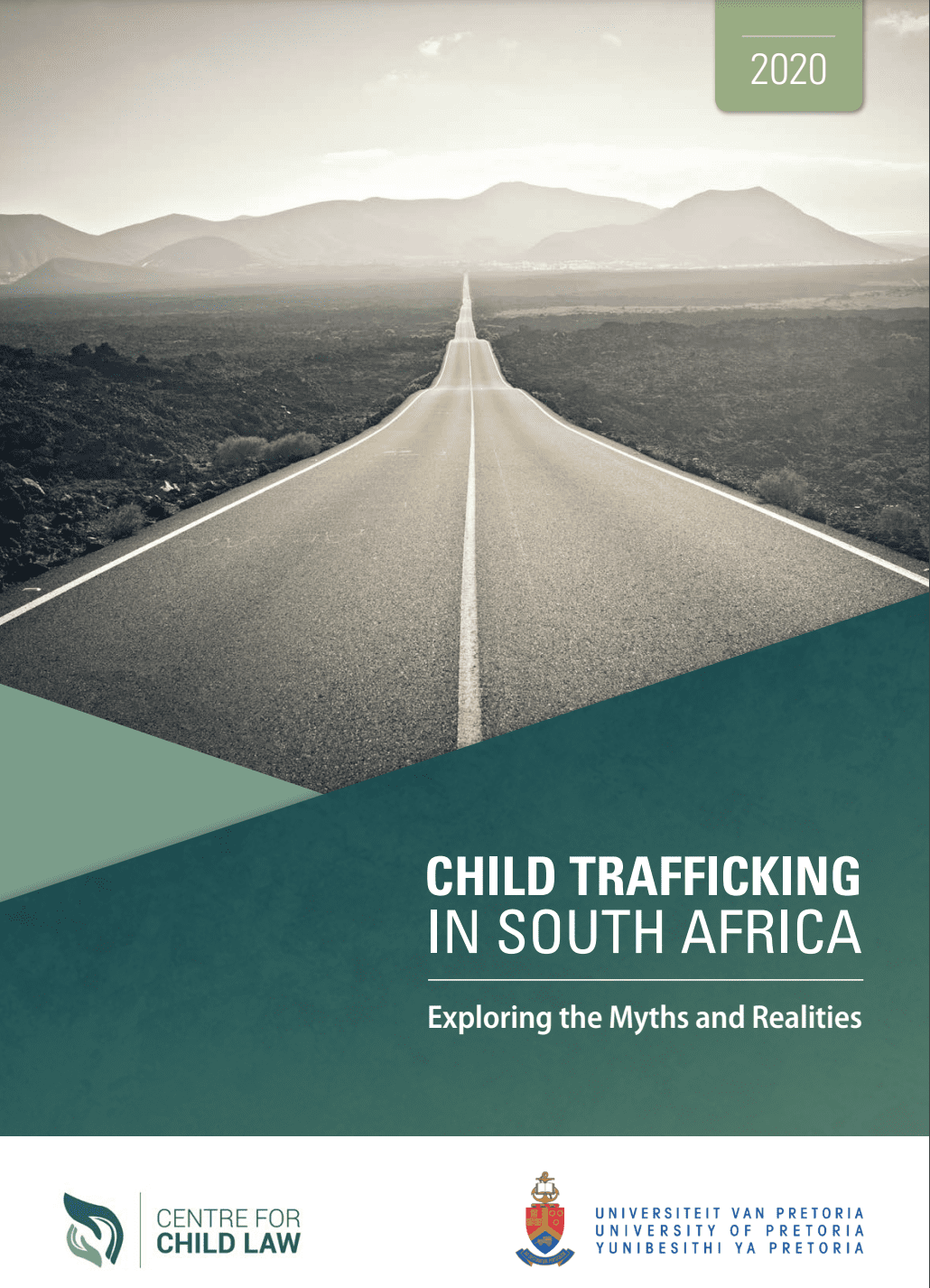
Child Trafficking in South Africa: Exploring Myths and Realities
In South Africa child trafficking has become a central concern for both the state and non-state agencies. Although it is claimed that child trafficking is widespread, currently very little reliable data exists to determine the nature and scope of the problem in the country. What is known about trafficking is largely based on ad hoc studies, questionable and outdated statistics, anecdotal information, and common myths. Furthermore, confusion around the actual definition of human trafficking means that it is regularly conflated with human smuggling and other forms of irregular migration. These confusions and conflations not only obscure a realistic picture of human trafficking, including that of children, but also tend to be used by the state to justify repressive laws and policies to restrict migration and curtail migrants’ rights while claiming to protect vulnerable migrants, including women and children. At the same time, a growing body of work with migrants, especially unaccompanied migrant children (UMC), in Southern Africa documents their diverse experiences as they cross borders. These experiences include exploitation, abuse, and violence as well as challenges accessing documentation, healthcare, education, and support services. While trafficking can sometimes occur, evidence from this body of work and the qualitative study for this report indicates that this is not always the case. Furthermore, while migrant children are often vulnerable and face risks, they also simultaneously negotiate challenges, are active agents, can be resilient, and embody experiences that extend far beyond what the label of ‘trafficked child’ implies.
The consequences of using child trafficking to represent the myriad realities of children on the move and especially in the name of ‘child protection’ are that migrant children are exposed to additional risks and vulnerabilities. This report, which is the outcome of a collaborative project between the Centre for Child Law at the University of Pretoria and the African Centre for Migration & Society (ACMS) at the University of the Witwatersrand, is based on concerns about the protection and rights of children in South Africa. In particular, the concern that unsubstantiated claims about child trafficking are being used to discourage migration and increase the securitisation of borders, which in turn can impinge on the rights of children, especially migrant children and those who lack documentation. The report will present evidence from the ground that suggests that speaking of child trafficking and failing to recognise what makes children on the move vulnerable is to place children at greater risk. The report also shows that the current gap in data and empirical research allows for an understanding of child trafficking based on assumptions and exaggerated claims about the movement of children across borders to dominate the discourse. While a progressive framework of laws and policies in South Africa designed to protect the rights of children, including non-nationals, exists, the State is seen by a number of service providers and migrant children themselves as not adequately implementing these laws and policies nor understanding the complex realities of children on the move. Furthermore, although there is awareness of the current disconnect between the child trafficking discourse and child trafficking realities observed by service providers, unsubstantiated claims about child trafficking are still being used to justify repressive policies and practices. These policies and practices ironically co-opt the language of ‘protection’ while violating the rights of children, especially migrants and those without documentation. This ultimately renders children more vulnerable and does little to actually fight child trafficking. This report therefore emphasises the urgent need for indepth, country wide, rigorous, and ethical research into child trafficking that can present a clear picture of the nature and scope of this phenomenon and the complex realities of children on the move. This kind of research will go a long way towards comprehensively demystifying the discourse on child trafficking and allow for a better understanding of the experiences and vulnerabilities of child migrants and children without documentation in South Africa. In particular, it will show what makes children more vulnerable—including blocked access to documentation and education and increased hostilities towards nonnationals. The research also shows the often unseen consequences of the discourse of child trafficking on children’s rights broadly and on children on the move specifically.
Read more here.
